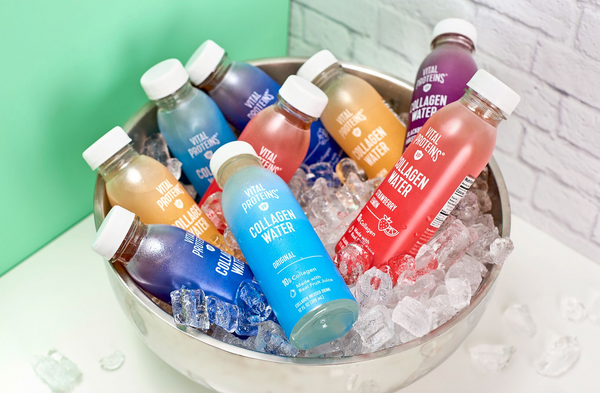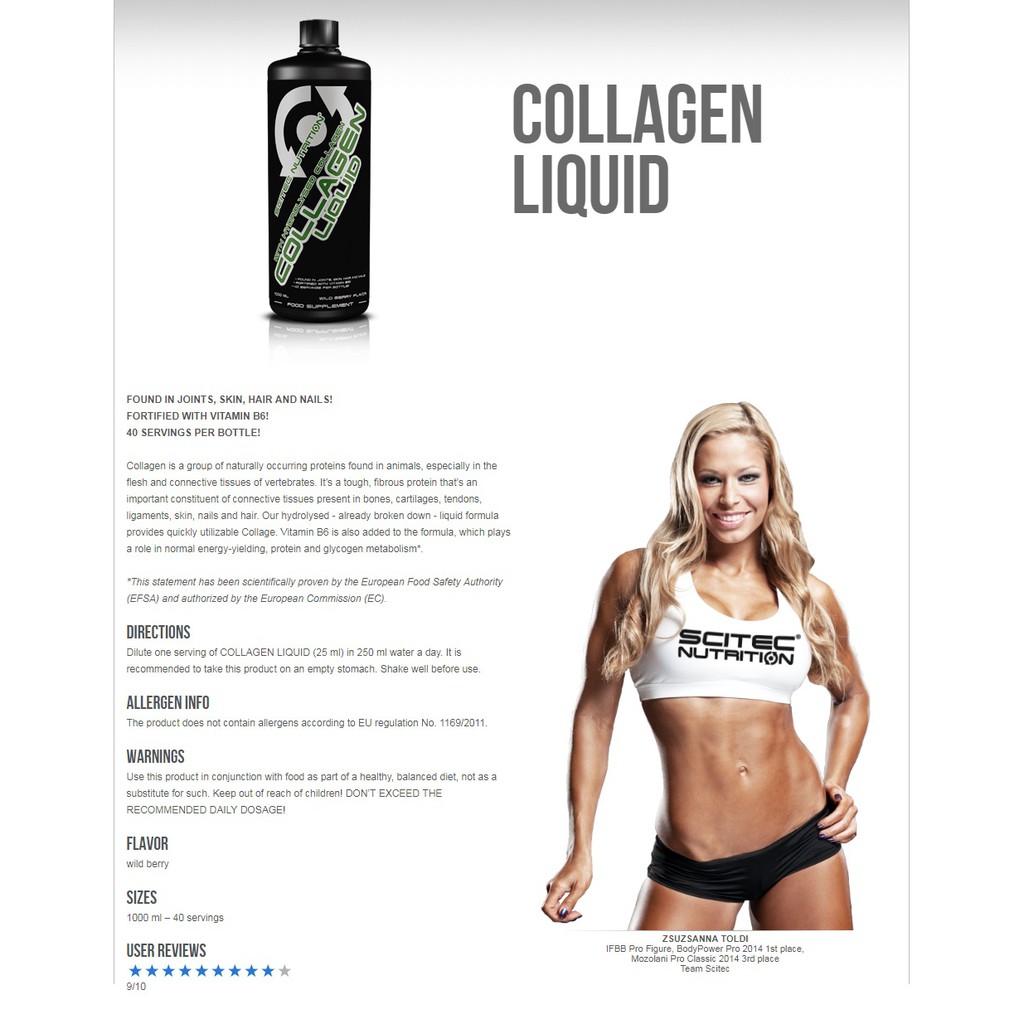
Best liquid collagen shots skin#
'There is little evidence that ingesting whole collagen will survive digestion and then travel in the bloodstream to the skin in high enough quantities to make any meaningful change to the skin’s structure or function.' 'During the digestive process, collagen is broken down in the gut to smaller molecules such as peptides and subsequently amino acids,' Dr Mahto says. In fact, evidence for liquid collagen's effectiveness on human skin outside of the laboratory setting is still scarce – something Dr Anjali Mahto, Consultant Dermatologist at Skin55 explains further. In fact, one independent study conducted in 2019 found collagen supplements to show promise in terms of improving skin elasticity and dermal collagen density. A growing number of laboratory-based studies demonstrate the potential for collagen peptides in drinks or supplements to improve skin hydration and to reduce wrinkles by strengthening our own network of collagen. There is actually some evidence in support of these beauty shots. £40 at Boots £38 at .uk Are There Any Real Benefits Of Collagen Drinks? Not only that, but the raspberry-flavoured sachets contain 100% of an adult's RDA of vitamin C, anti-inflammatory ginseng and vitamin A. The brand making most headway in this category is Revive Collagen, which has just launched a plant-based liquid collagen substitute proven to mimic human collagen itself. So, is vegan collagen a no-go? Actually, tech start-ups are currently experimenting with lab-made collagen peptides, but the end focus isn't to produce a beauty-boosting supplement, but rather to create a replacement for gelatine in food manufacturing. Vegan products that claim to boost your body's natural production of collagen do exist, however this is not the same thing as a vegan-friendly collagen supplement, so read your labels carefully. Many of today's brands use by-products from the meat and fishing industries to source their collagen. Unfortunately, collagen isn't a vegan-friendly supplement, as it's derived either from bovine (the connective tissue of cows) or marine (fish skin) sources. Pills, Pills, Pills: The Story Behind Supplements.Many believe that hydrolysed (or 'broken down') collagen is the solution, as these molecules are small enough to make it unscathed through our systems, ending up where we really want them.Īs Griggs explains: 'Many of these drinks contain collagen which has been hydrolysed in order to break down the protein structure – this means it can be more easily absorbed and the collagen peptides become more bioavailable,' says Griggs. The key issue at play is absorption – the jury is really still out on how much, if any, collagen peptides are actually absorbed through the gastrointestinal tract.


There are a few studies that support the skin-boosting benefits of consuming collagen drinks – but these studies can't ascertain whether it's the collagen itself that is causing the aesthetic improvements, or something else in the formula (such as hyaluronic acid or vitamins). So, is there any hard evidence in the claims? How Do Collagen Drinks Work?Ī daily dose of collagen to plump lines and stop sagging sounds a little too good to be true – yet sales are soaring and anecdotal approval abounds.

With one of the highest collagen doses on the market, this supplement is flavoured with lemon and can be squeezed straight from the sachet or blended into a smoothie. 'These brands claim their drinks may have several anti-ageing benefits, from improving hair and skin, strengthening nails, repairing joints, and even healing the gut,' explains Griggs. When ingested daily, they claim to replenish your collagen supplies and benefit your complexion from the inside out. The long-term result? Slacker skin and fine lines, we're afraid.Ĭapitalising on our well-ingrained collective disdain for the signs of ageing, collagen drinks have flooded the market. 'Many factors can further slow our collagen production, including ageing, smoking, excess sugar, UV rays, excess alcohol consumption and eating denatured processed food,' says Griggs. Research shows that certain forms are responsible for the structure and elasticity in our skin, but after the age of 25, we tend to lose approximately 1.5% of our natural stores every year. There are many different types of collagen found throughout the body, from your bones and muscles to your hair and skin.

'It helps give your skin strength and elasticity, as well as stimulating production of hyaluronic acid.' So, Does The Solawave Live Up To The Hype?įirst things first, what actually is collagen? 'Collagen itself is particular protein which contains many important amino acids: the building blocks that keep tissues and bones together,' explains nutritionist Amanda Griggs.


 0 kommentar(er)
0 kommentar(er)
